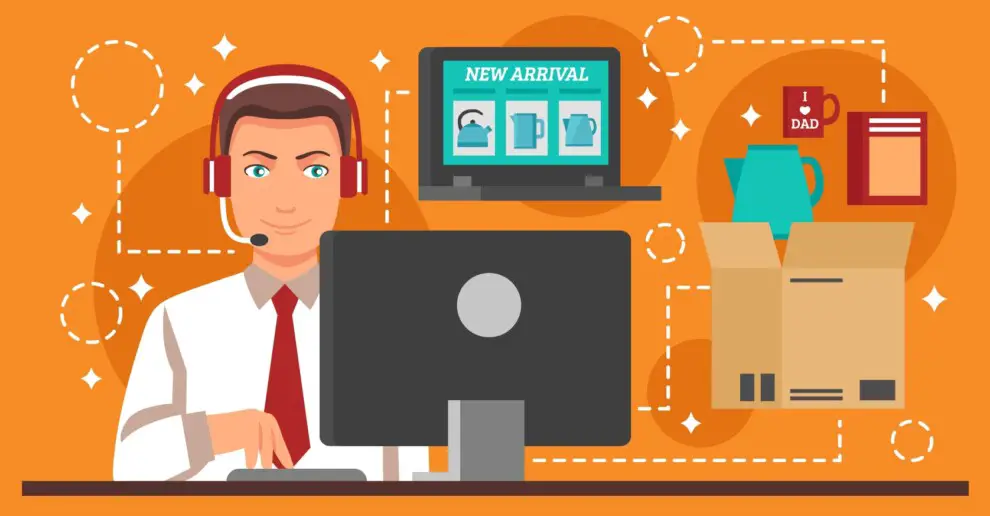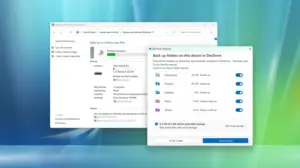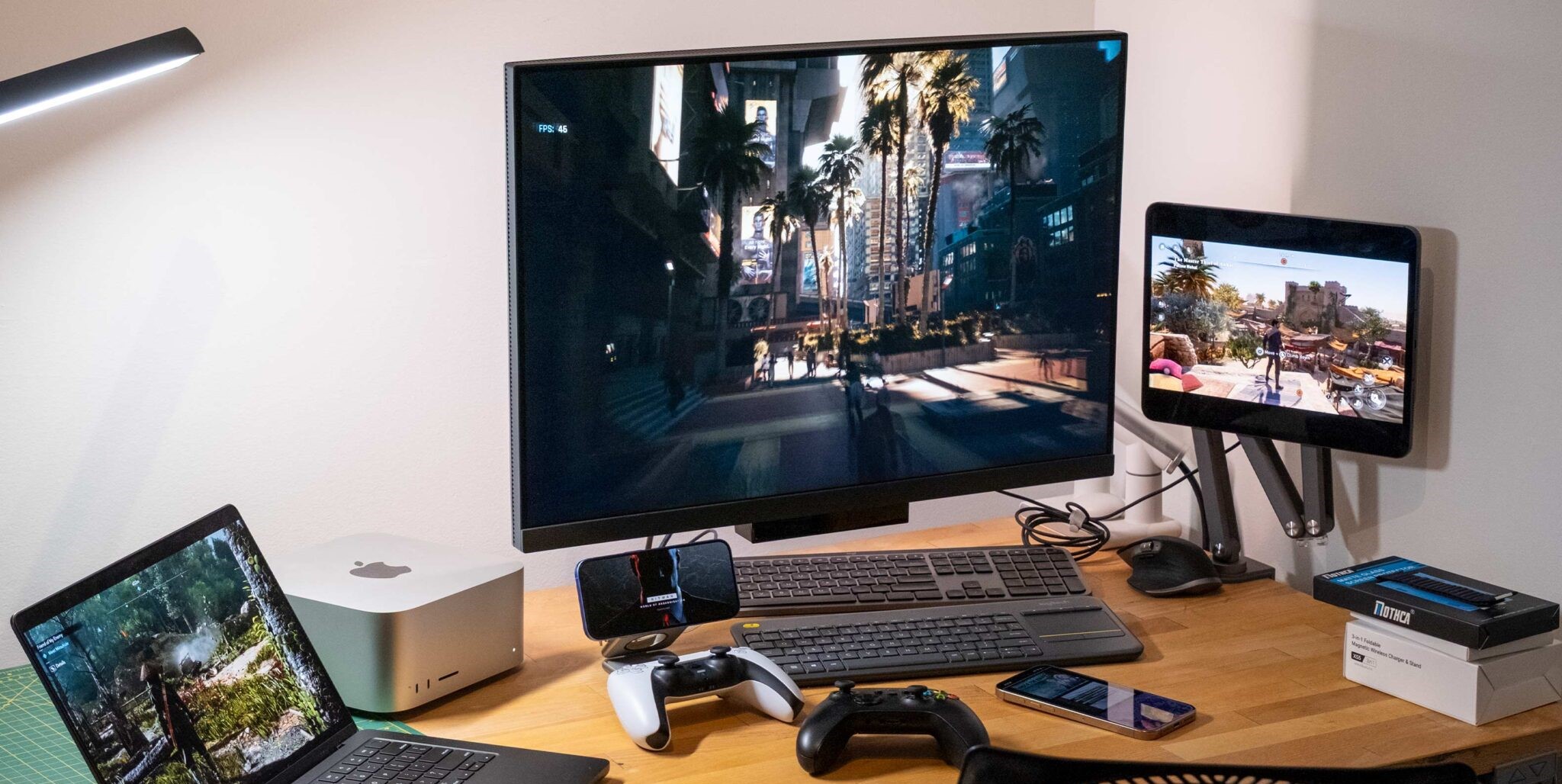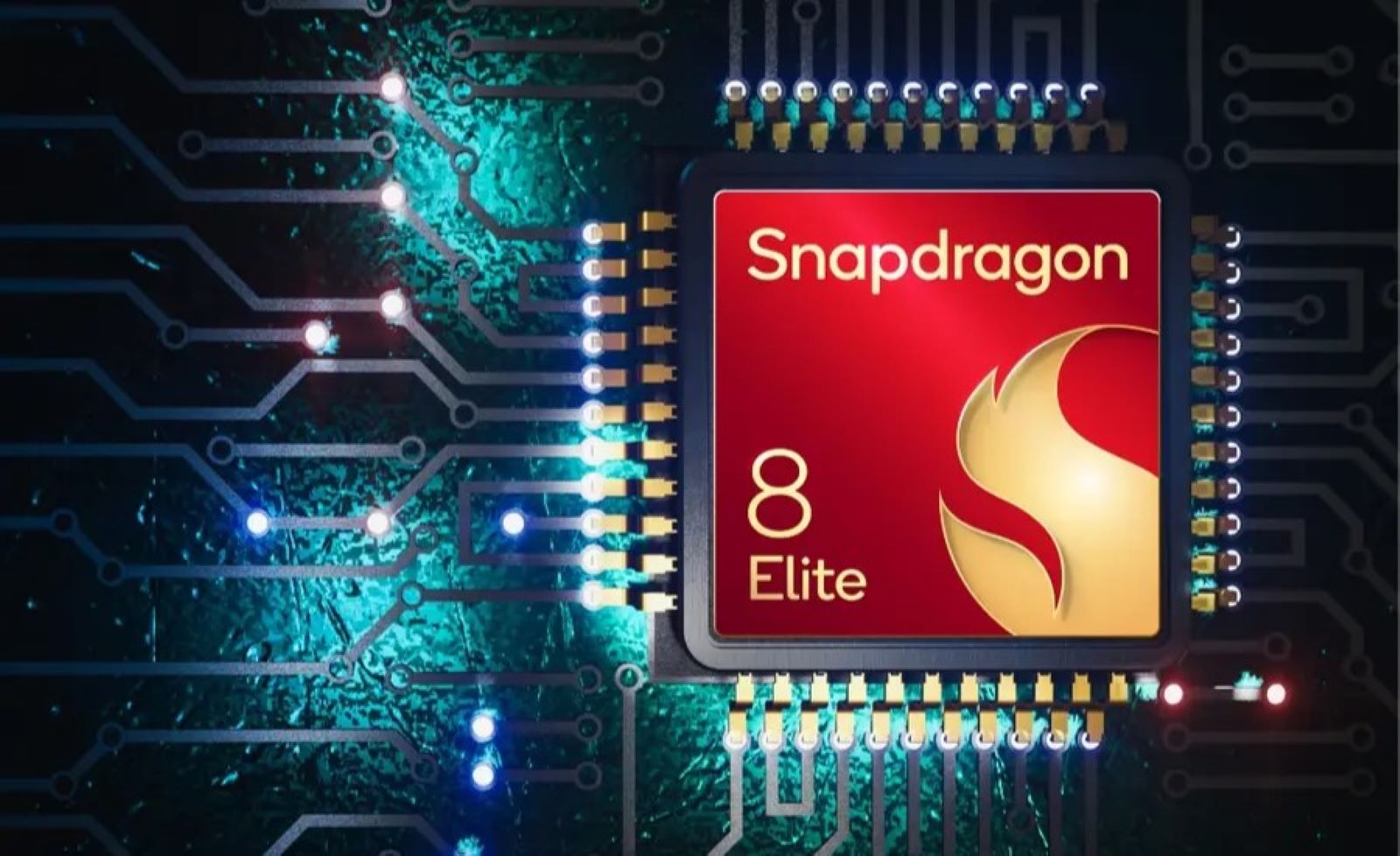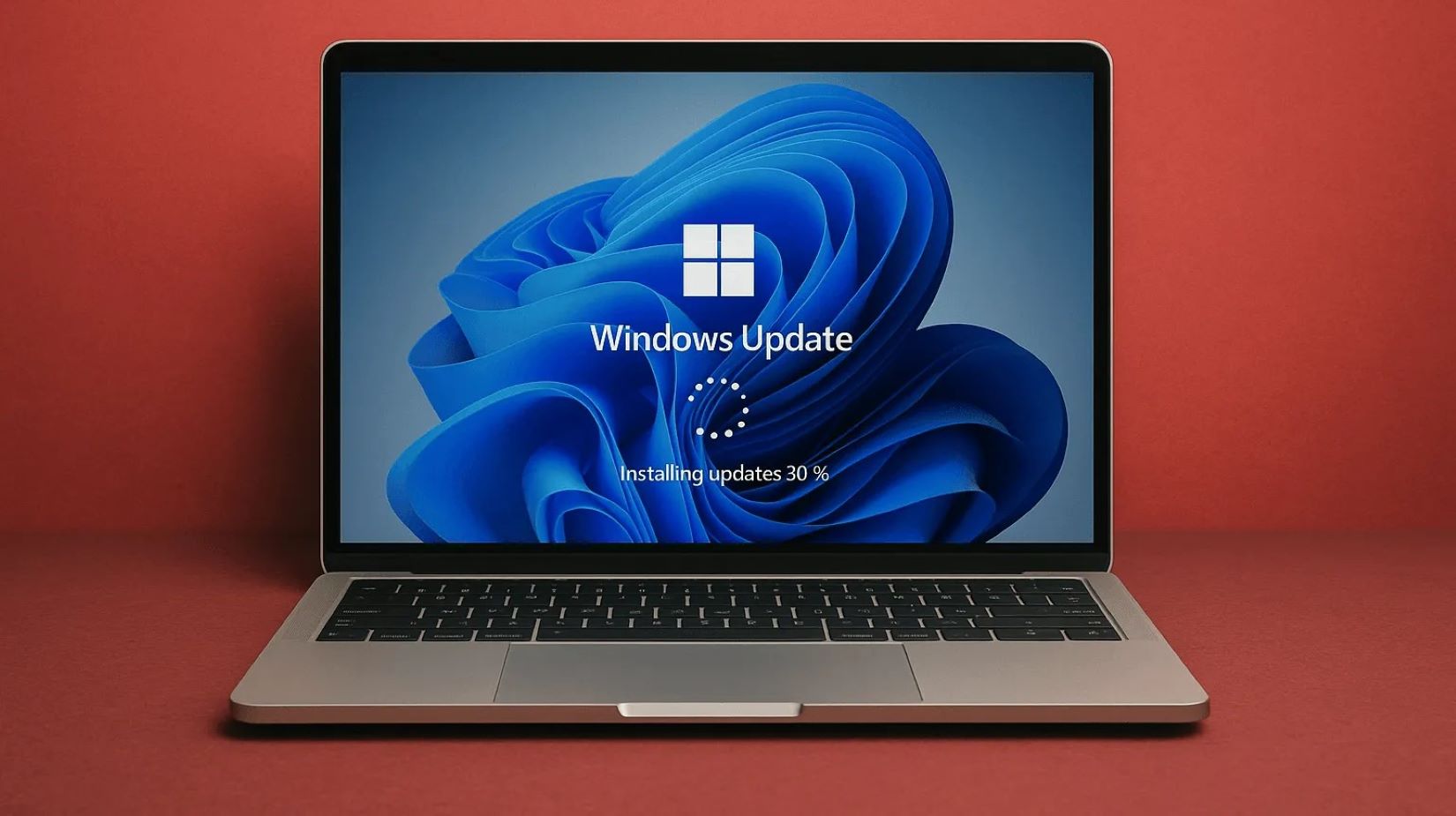IVR, which is short for Interactive Voice Response, is a software tool that is developed to interact with callers by bringing together the callers’ intent and information. The IVR systems are meant to direct callers to the agent or department to serve their needs. IVR has to offer multiple benefits such as information & context collection, prioritizing calls, superior customer experience, ramp up agent efficiency, and automated customer support. However, if you are looking for reliable IVR software, then check the RingCentral IVR to buy one at a reasonable price.
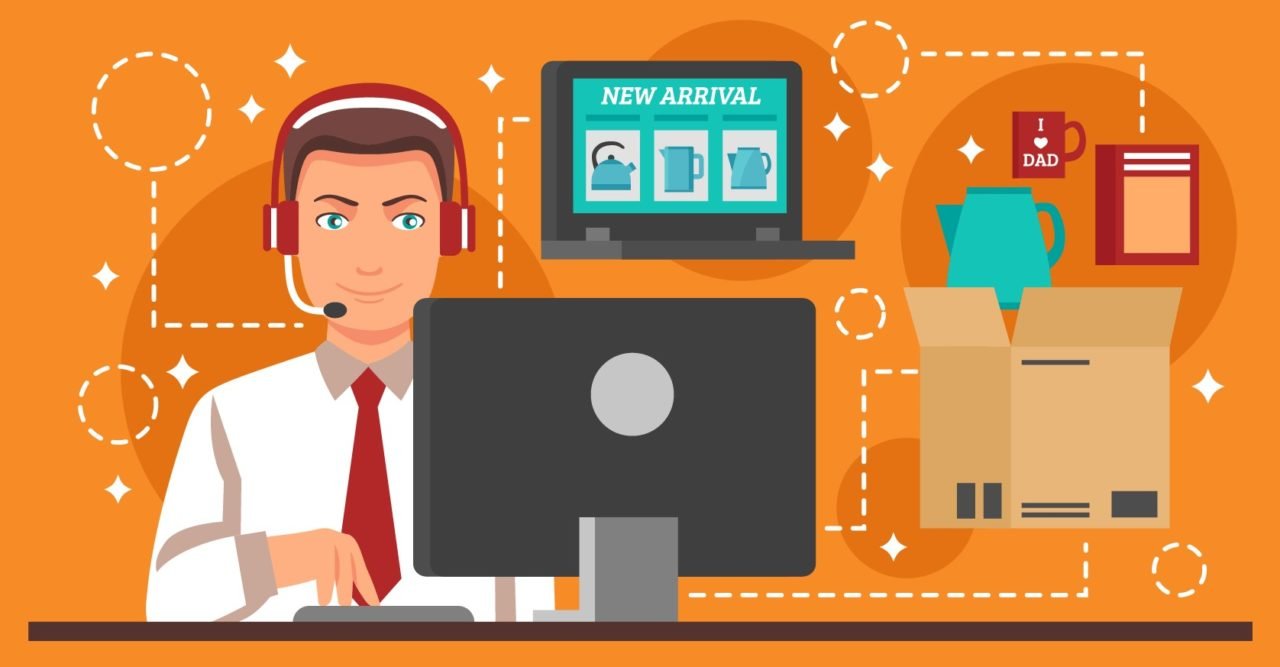
Ease in Usage
Understandably, an ideal IVR software is easy-to-understand and easy-to-use. It is developed in a manner that is convenient for the call center workforce and customers to use it without any technical hurdles. If an IVR system is not built user-friendly, it does not stand a chance in the long run. It would be costly for an organization to keep using the same IVR system. Hence, it is suggested to look for an IVR that can be used by your employees even though they are not from a technical background. It must have a smooth usage so that the workers’ productivity can be significantly increased. A company needs to look for an IVR system that can potentially reduce the usage of limited resources.
Speech Recognition
Secondly, when you are buying an IVR system, you need to check on its features of speech recognition. An IVR software with poor speech recognition is a total waste of money. The built-in speech recognition feature lets the users speak freely and aloud instead of using their keypad. A good IVR is capable enough to serve all the basic and advanced features of speech recognition. For instance, if your business aims for a basic IVR system to handle calls in your office, then be sure your location, best number to call back on, working hours, etc. However, an advanced speech recognition IVR can be a bit costly, but it is worth it.
Inbound or Outbound Support
Typically, IVR software has to offer two primary services: inbound and outbound. The former IVR system is built to handle the incoming call volume. The inbound IVRs are less expensive. Contrarily, the latter IVR system is developed to handle calls on either a partially or wholly automated dialing basis, which can be a bit costly. Currently, providers are delivering both inbound and outbound services to ease the process and increase workflow efficiency. Hence, before you get to buy an IVR system, you need to have a clear head on the type of IVR, which can be more functional for your business.
Cloud or On-Site
A hosted IVR resides in the cloud, which makes maintenance and proper management of telecommunications. And, the prime responsibility lies on the shoulder of the vendor. On the other hand, an on-site IVR prefers integration with an existing telephone system of a business. Nowadays, most of the providers recommend cloud-based IVR systems. The company has to consider its needs and requirements before buying an IVR system. However, if a company has a specific on-site needs, it’s probably best to choose sensibly.
Multiple Language Support
Looking for a multi-purpose IVR system? Then, it is sensible on your end to buy an IVR software that comes with a recurring language feature. IVR must allow different languages so that it would be convenient for the people who are calling to communicate their queries and issues. This way, they can receive an automatic message from a business. But, the IVR system must be able to offer a message in multiple languages instead of a single language. It will be comfortable for the customers to understand the message in their native language.
Coding Deduction
The deduction of coding is one of the prime things to consider when investing in an IVR system or software. The core responsibility lies on the shoulders of developers to build a system that can support the coding deduction. So when you are buying an IVR system for your business, you need to ensure that it doesn’t need to do any kind of coding. It needs to be already coded and foolproof. Make sure to buy an IVR system that can smoothly perform simple data entry functions, or simply drag and drop is needed to create modules. Invest in efficient and effective IVR software that does not demand hard coding from its end users.
